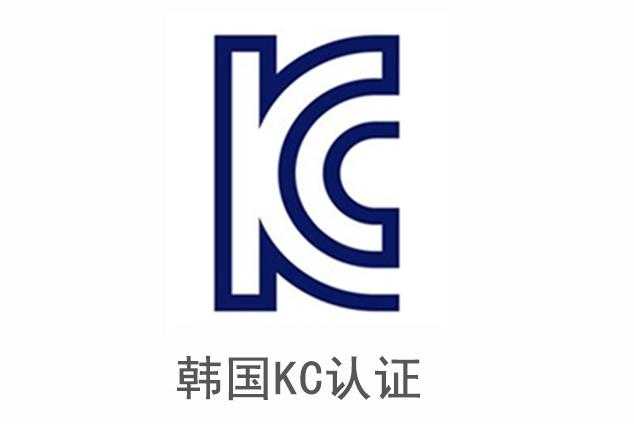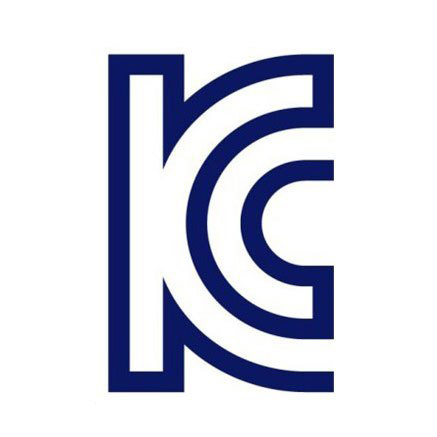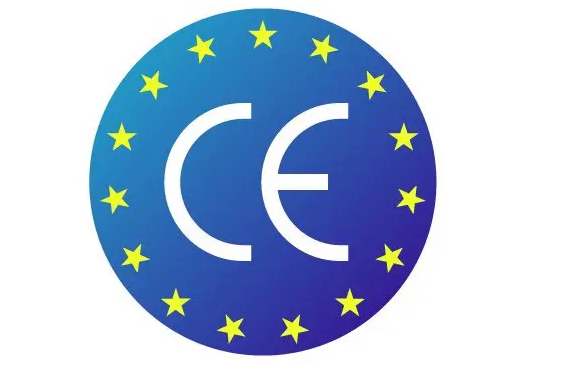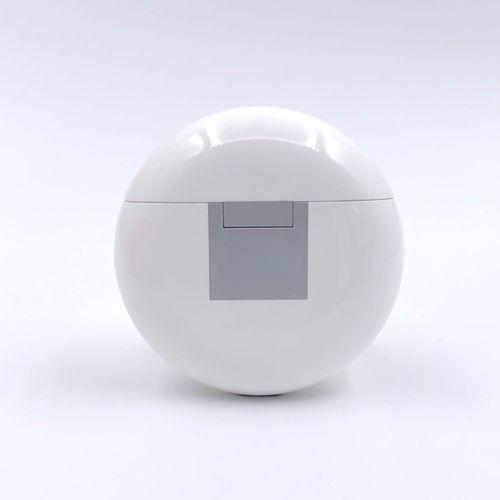In modern society, power banks, as important accessories for mobile devices, are increasingly favored by people. However, ensuring the safety and quality of power banks has become a key concern for consumers and manufacturers. KC certification, as an important safety certification system, is not only a symbol, but also a guarantee of product safety and quality.ZRLK will take you in depth to explore what KC certification is, its significance, certification process, and advantages.
What is KC certification?
KC certification is a mandatory certification for electronic and electrical products by the South Korean government in accordance with relevant laws and regulations to ensure product quality and consumer safety. This certification system aims to ensure that products comply with Korean safety standards and technical specifications, and provide consumer confidence. Therefore, obtaining KC certification is crucial for enterprises to enter the Korean market.

The significance of KC certification
KC certification is crucial for products to enter the Korean market. It not only provides certain quality assurance for products, ensuring that consumers are not harmed by safety risks during use, but also facilitates market access for product manufacturers. The implementation of KC certification not only promotes the smooth integration of products with the market, but also enhances the credibility of products in the minds of consumers, thereby creating broader development space for enterprises to open up the Korean market.

The process of KC certification
Preparation of application materials: Enterprises need to prepare the relevant documents and technical information required for applying for KC certification, including product specifications, product drawings, product test reports, and certification documents of the product quality management system.
Submit application: The enterprise submits the above materials to the Korean certification agency to apply for KC certification.
Product testing: The certification agency will conduct testing on the products provided by the enterprise to ensure that they comply with relevant safety standards and technical specifications in South Korea.
Factory audit: The certification body will audit the production factory of the enterprise to ensure that the production process complies with relevant specifications and quality standards.
Evaluation and certification: After passing the testing and review, the certification body will issue a KC certification certificate based on the results, authorizing the product to enter the Korean market.












